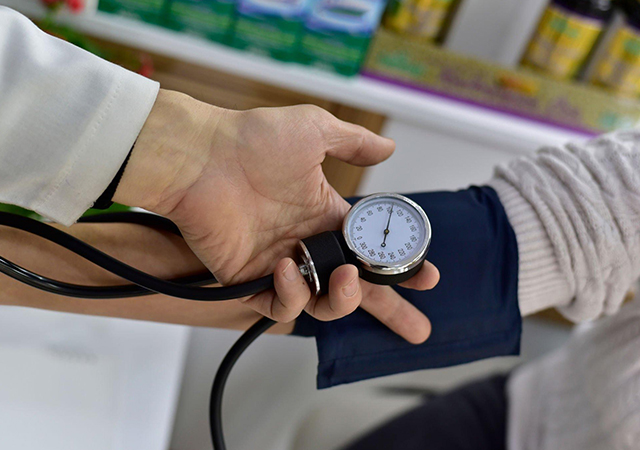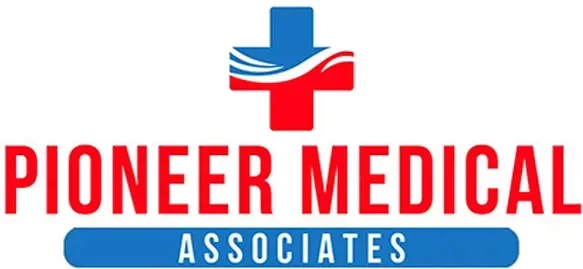
Hypertension, commonly known as high blood pressure, is a condition where the force of the blood against the walls of the arteries is consistently too high. It is a significant risk factor for cardiovascular diseases, including heart disease and stroke. Here are key aspects of hypertension:
Blood Pressure Categories:
⦁ Normal Blood Pressure:
- Systolic: Less than 120 mm Hg
- Diastolic: Less than 80 mm Hg
⦁ Elevated Blood Pressure:
- Systolic: 120-129 mm Hg
- Diastolic: Less than 80 mm Hg
⦁ Hypertension Stage 1:
- Systolic: 130-139 mm Hg
- Diastolic: 80-89 mm Hg
⦁ Hypertension Stage 2:
- Systolic: 140 mm Hg or higher
- Diastolic: 90 mm Hg or higher
Risk Factors:
⦁ Age:
- Risk increases with age.
⦁ Family History:
- A family history of hypertension may increase the risk.
⦁ Race/Ethnicity:
- Certain ethnic groups may have a higher predisposition.
⦁ Obesity:
- Being overweight or obese increases the risk.
⦁ Unhealthy Lifestyle:
- Lack of physical activity, high salt intake, excessive alcohol consumption, and smoking.
⦁ Chronic Kidney Disease:
- Impaired kidney function can contribute to hypertension.
⦁ Sleep Apnea:
- Untreated sleep apnea is associated with an increased risk.
Complications
⦁ Heart Disease:
- Hypertension can lead to heart attacks, heart failure, and other cardiovascular issues.
⦁ Stroke:
- Increased risk of stroke due to the impact on blood vessels in the brain.
⦁ Kidney Disease:
- Chronic hypertension can damage the kidneys.
⦁ Vision Loss:
- Hypertension may lead to eye blood vessel damage and vision impairment.
Diagnosis
⦁ Blood Pressure Monitoring:
- Regular blood pressure checks at home or in a healthcare setting.
⦁ Ambulatory Blood Pressure Monitoring:
- Monitoring over a 24-hour period to assess variations.
⦁ Blood Tests:
- To check for underlying conditions contributing to hypertension.
Treatment
⦁ Lifestyle Modifications:
- Dietary changes (DASH diet), regular exercise, weight management, and stress reduction.
⦁ Medications:
- Antihypertensive medications prescribed based on the severity and underlying conditions.
Management
⦁ Regular Monitoring:
- Ongoing monitoring of blood pressure to assess the effectiveness of treatment.
⦁ Follow-Up Care:
- Regular check-ups with healthcare providers to manage and adjust treatment plans.
⦁ Patient Education:
- Empowering individuals with information on managing hypertension through lifestyle changes and medications.
⦁ Collaborative Care:
- Coordination with healthcare professionals, including primary care providers, cardiologists, and other specialists.
Prevention
⦁ Healthy Lifestyle:
- Adopting a healthy lifestyle from a young age can reduce the risk of developing hypertension.
⦁ Screening and Early Detection:
- Regular blood pressure checks, especially for those at higher risk.
⦁ Treatment of Underlying Conditions:
- Managing conditions such as diabetes and kidney disease.
Hypertension is often called the “silent killer” because it may not present noticeable symptoms. Regular blood pressure monitoring, healthy lifestyle choices, and prompt medical attention are essential for the prevention, early detection, and effective management of hypertension.
